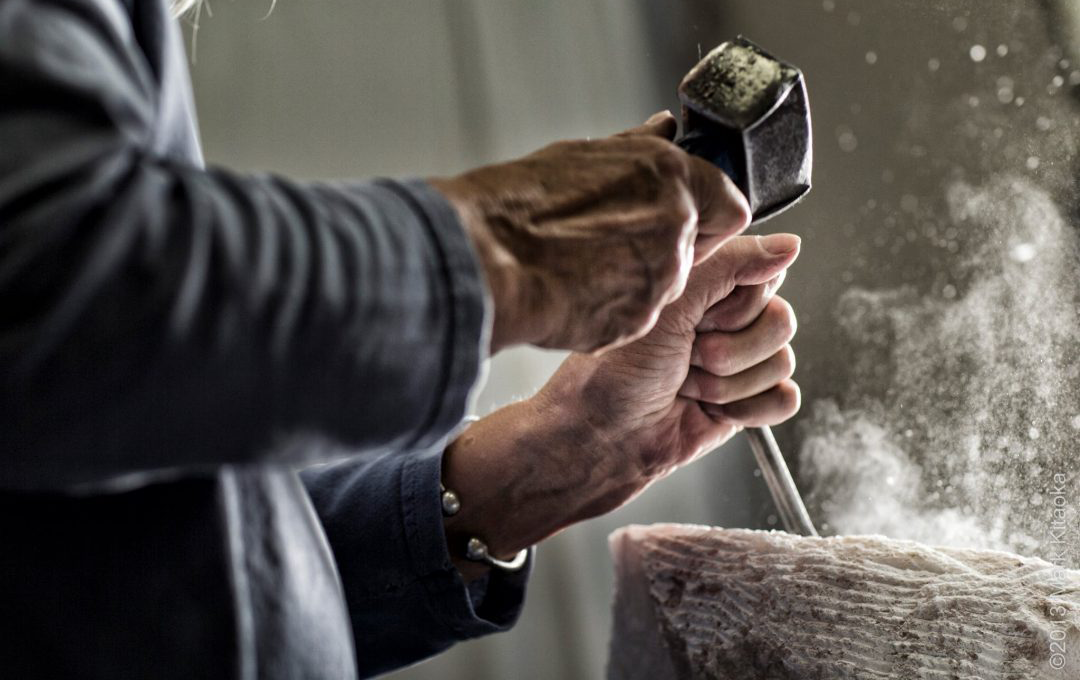Event report from: Making A Difference: Game-changing CSR ideas for business.
It was a real pleasure to chair this event taking place as part of the wider GeNErosity festival. The role of chair at headline events like this does bring with it a certain weight of expectation, as well as the very real possibility that all manner of things may well go wrong. Thankfully the organising team from Muckle LLP did an absolutely fabulous job, as always, of looking after all the practicalities, enabling me to focus on ensuring that we squeezed the best possible content out of our assembled panellists.
Our stellar line up included:
· Lisa Cappleman, Principal Advisor for Giving and Philanthropy at the Community Foundation for Tyne, Wear and Northumberland.
· Richard Hutton, Financial Director of Greggs plc.
· Andrew Haigh, Chief Executive of Newcastle Building Society
· Nigel Smith, Chairman of Ringtons Limited
· Hugh Welch, Senior Partner, Muckle LLP
Lisa kicked off, setting the event within the larger frame of the historic contribution of successful businesses to the prosperity of the North East. This theme of business functioning as a contributors to society, rather than as extractors from it, ran throughout the event.
Richard presented the challenge of how clarity of ambition is absolutely essential in a business of 22,000 people. The whole team need to be clear how responsible business translates into their day-to-day working life. He also took time to show how this clarity of ambition is defined within core business areas, such as creating a more healthy menu for customers.
Andrew stressed how important it is for businesses to go beyond CSR, to really work out how social purpose integrates with the overall purpose of the business – what some refer to as ‘The Big Why’. Getting this right will then lead to good corporate decision-making as a result. He gave the example of investing in their network of high street branches at a time when their competitors are embarking on programmes of branch closures.
Nigel, who represents the 4th generation of Rington’s tea supply and retail business stressed the importance of having a long-term approach. This multi-generational perspective has led his company to make important decisions that have undoubtedly strengthened their business as well as ensuring that their staff and suppliers are well looked-after. The importance of looking after tea-growers in communities on the other side of the world is clearly something that this proud family firm hold dear.
Finally, Hugh took the time to explain how an effective and multi-faceted CSR programme can be built steadily over time. He stressed the importance of ensuring agreement on goals amongst the top-tier of the organisation, as well as ensuring that staff who may not ever be part of a boardroom conversation still have the opportunity to shape things. He was wonderfully honest with examples of what had and hadn’t worked, encouraging the audience to be pragmatic in developing their own unique approach.
Fielding questions from the audience is very often the most fascinating part of these events. On this occasion they ranged from the macro-economics of the North East functioning as a ‘branch economy’ to the fundamental realities for local charities in terms of how they can begin to build partnerships with businesses in the region.
Probably the most fertile area of conversation related to what is broadly referred to as ‘values’ – although that word wasn't necessarily used a lot. It was very clear that each of the companies represented had become well practised in making strategic business decisions informed by motives broader than the simple generation of greater profits. These non-financial factors, be they a commitment to the environment, to community, to workforce etc, have very evidently become important drivers of organisational vitality. As such I left the event feeling very optimistic about the future of our region if the attitude of these business leaders is in any way indicative of the direction that business is heading in.
Matt Wilson
MD, Goodlabs Consulting













